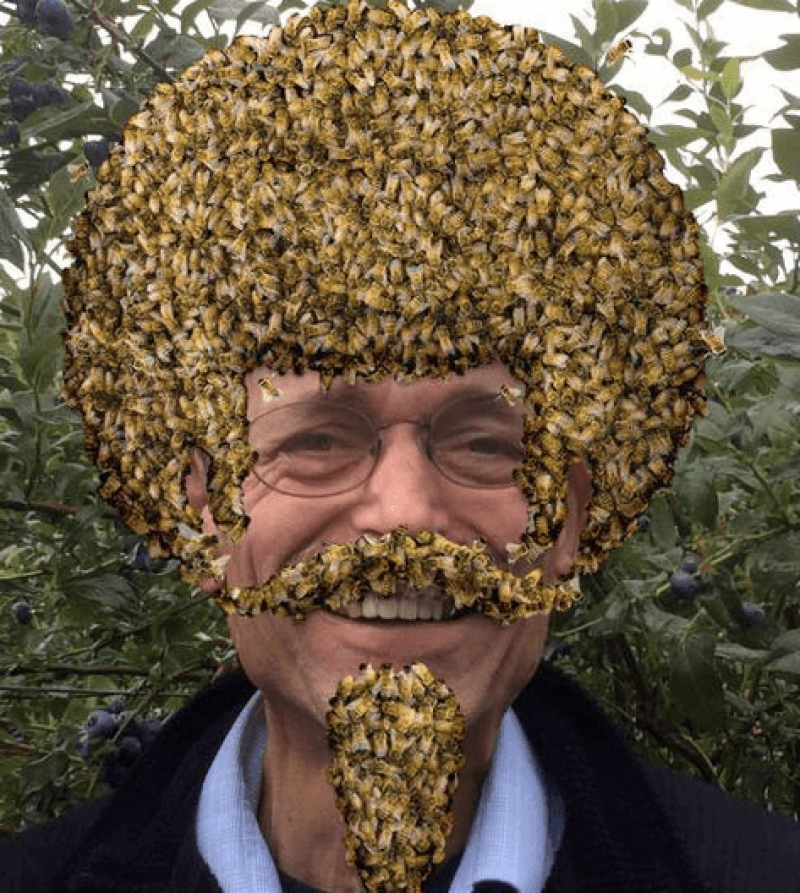Alarm has grown in recent years over the widespread loss of bee colonies, not just because of the canary-in-the-coal-mine implications about how factors like pesticides and parasites might be to blame, but also for a more direct reason: Bees pollinate an estimated 75 percent of food crops.
As part of a continuing cause-marketing campaign, “Share the Buzz,” in 2013 Whole Foods released a photograph of one of its fully stocked produce sections and another with the bee-reliant fruits and vegetables that account for 52 percent of its produce removed. In June, Whole Foods released similarly stark before-and-after photos of a dairy case, explaining that bees pollinate the clover and alfalfa fed to dairy and beef cows.
Now Cascadian Farm, the 42-year-old organic brand owned by General Mills, is promoting its own campaign, “Bee Friendlier.” A new online video features Chris Burley, who founded Seedles, which developed gumball-size pellets that combine wildflower seeds, compost and clay, to provide nectar and pollen to nourish bees. Seedles are tossed on the ground without planting, and the seeds leach into the soil when it rains. (Uncovered seeds tossed on the ground can be blown away or eaten by birds.)
Also featured is Emma Torbert, an organic farmer in Yolo County, Calif., who agreed to let Cascadian Farm plant one of her fields with wildflowers.
But what is important to many consumers about Cascadian Farm — its use of organic ingredients and avoidance of genetically modified ingredients — is not General Mills’ overall approach, and the incongruity has not gone unnoticed.
GMO Inside, which helped lead a consumer campaign to persuade General Mills to remove genetically modified ingredients from the original version of Cheerios, addressed the introduction of the Buzz Crunch cereal and Cascadian Farm’s other “Bee Friendlier” efforts in a blog post in July. The post, which estimated that Cascadian Farm represented less than 3 percent of the company’s business, said pesticides associated with conventional ingredients in many General Mills products threatened bees more than efforts by its organic brand helped them.
“Less than 3 percent of General Mills’ sales are working toward ‘saving the bees’ while 97 percent are killing them,” the post said.
General Mills in September announced plans to buy another organic brand, Annie’s, for $820 million. This caused an uproar on Annie’s Facebook page, where fans noted that Annie’s had pushed for tougher GMO-labeling requirements while General Mills had opposed them.
Read full, original article: Cascadian Farm ‘Bee Friendlier’ Effort Enlists Public to Help Protect Insects































